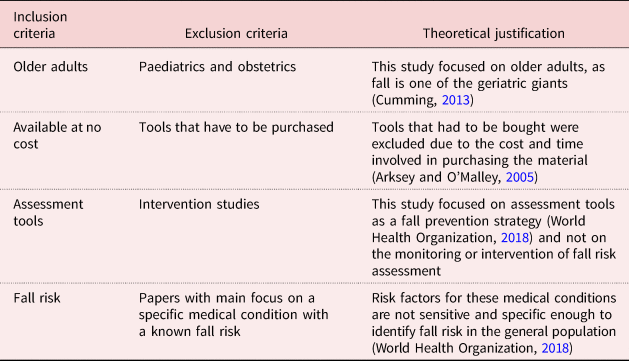The Only Guide for Dementia Fall Risk
The Only Guide for Dementia Fall Risk
Blog Article
Top Guidelines Of Dementia Fall Risk
Table of ContentsDementia Fall Risk Things To Know Before You BuyDementia Fall Risk - QuestionsDementia Fall Risk Can Be Fun For AnyoneWhat Does Dementia Fall Risk Do?All about Dementia Fall Risk
However, based on signs and signs and symptoms, such as evidence of head injury or a new focal neurologic shortage, calculated tomography or MRI of the brain may be shown - Dementia Fall Risk. An analysis for sources of syncope need to be conducted just if there is solid uncertainty, as in the situation of persistent, unexplained drops
Medical care suppliers utilize an autumn danger evaluation to identify your risk variables for dropping and make handy referrals. A loss risk analysis is crucial because recognizing which aspects increase your opportunities of falling helps you: Lessen your risk of falling or hurting yourself.
All grownups 65 years and older need to have an initial fall danger testing. Have actually dropped in the previous year. Worry about falling.
See This Report about Dementia Fall Risk

, and goals specifically customized to people that are at risk for falls. A is specified as an event that results in a person coming to rest inadvertently on the ground or floor or other lower degree (THAT, 2021).
Dropping is the 2nd leading reason of fatality from unintended injuries around the world. It is approximated that loss death prices in the U.S
9 Easy Facts About Dementia Fall Risk Shown
If this rate continues, the CDC prepares for seven fall deaths every hour by 2030.
Each year, over 800,000 patients are hospitalized because of falls. Nurses play a major role in stopping falls for their patients with education, reviewing autumn risk, producing much safer environments, and offering treatments in preventing injuries from falls.
Falls are due to several aspects, and these details an alternative method to the individual and environment is important. Intend an individual is thought about at high danger for falls after the screening.
An Unbiased View of Dementia Fall Risk
A needs making use of a validated device that researchers have examined to be useful in naming the reasons of drops in an individual. The level of loss risk can be identified utilizing the analysis of intrinsic and external aspects.
People are extra most likely to fall again if they have sustained one or even more drops in the past 6 months. The older populace is at increased threat of fall-related readmissions based on a research study determining the elements predictive of repeat falls associated outcomes (Prabhakaran et al., 2020).
Additionally, complication and damaged judgment raise the person's opportunity of dropping. The capability of people to protect themselves from drops is influenced by such aspects as age and growth. Older people with weak muscles are more probable to drop than those who maintain muscular tissue strength, flexibility, and endurance. These adjustments include reduced aesthetic feature, damaged shade assumption, change in center of mass, unstable gait, decreased muscle toughness, lowered endurance, modified deepness perception, and postponed reaction and response times.
Examine This Report about Dementia Fall Risk
Less comparison sensitivity was rather connected with both increased rates of drops and other injuries, while reduced visual skill was only connected with raised autumn rate (Timber et al., 2011). Sensory perception of environmental stimuli is critical to security. Vision and hearing problems restriction the patient's capacity to perceive dangers in the surroundings.
Older adults who have poor balance or difficulty walking are most likely to fall. These troubles may be connected with absence of workout or a neurological reason, joint inflammation, or other medical he said problems and treatments. A crucial threat element highlighted in a research is that grownups with rheumatoid joint inflammation go to high danger of falls, go to my site consisting of inflamed and tender lower extremity joints, fatigue, and use of psychotropic drugs (Stanmore et al., 2013).
Report this page